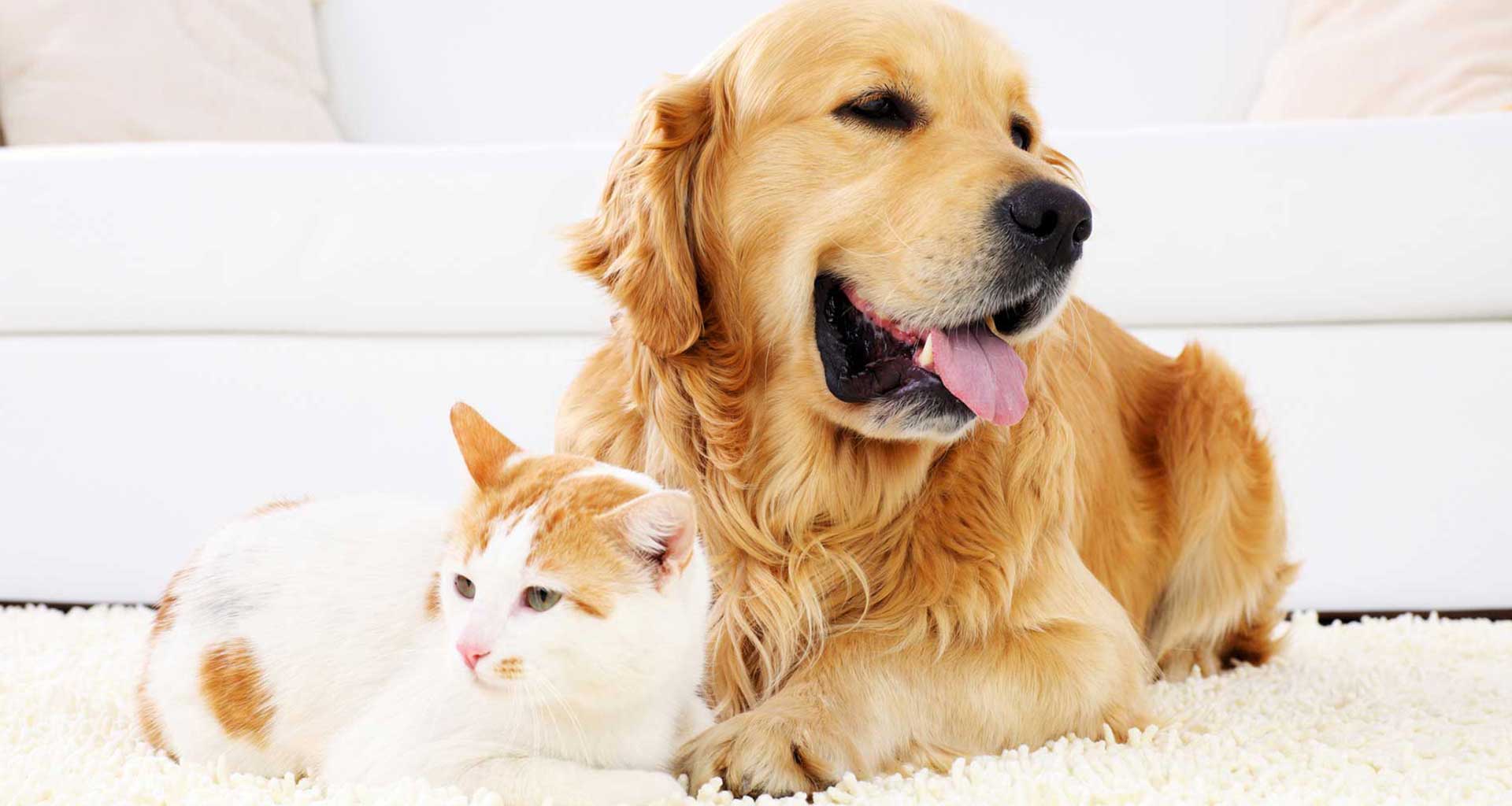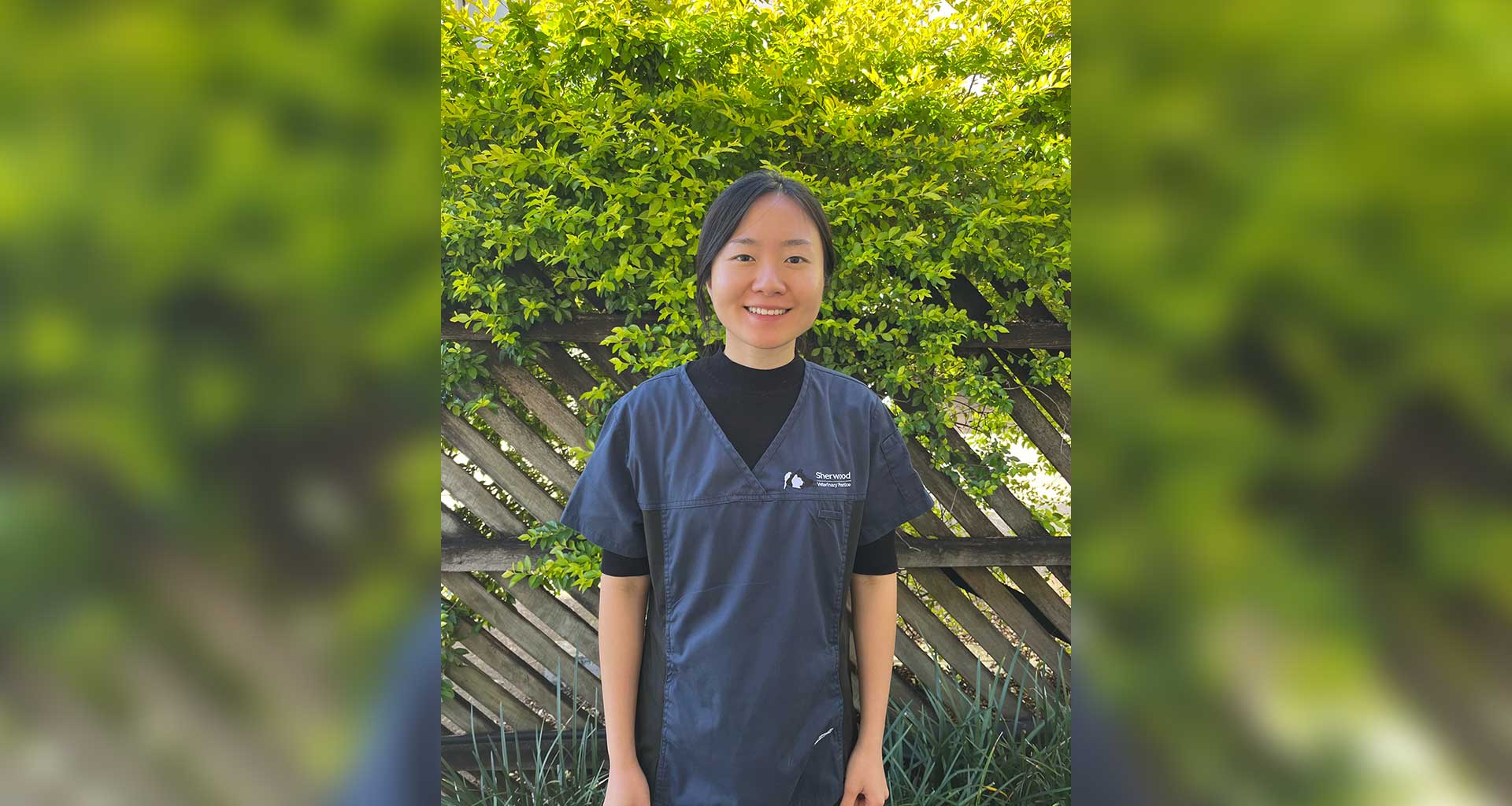Our pets don’t realise that they are getting old, unlike us their grey beards don’t cause them concern. They don’t understand the reasons why they can’t run as fast anymore or why they can’t race you up the stairs. Because of this, we need to support them through their later years to make our senior pets lives a little easier. Much like humans, senior pets require special attention and care – this article will give you advice on how to keep your pet comfortable through their senior years.
Exercise & Mobility
As your pet ages, it is important to keep them active. Decrease the intensity of exercise, instead of taking your dog to an off-leash park to play fetch, go for a long walk on soft grounds. A good way to keep older cat’s and dog’s minds and bodies active is by using treat or puzzle toys. This keeps them engaged and can increase their confidence as well. There are now many options for permanent or collapsible ramps to assist your senior pet in getting upstairs, getting onto the couch or in and out of cars. If you have a two-storey home, make sure there are litter trays on both levels for your older cat.
Clothing & Bedding
Like us, older pets can have trouble maintaining their body temperature. Depending on the breed and size of your pet they may need a jumper or coat to keep them warm. Senior pets like to rest, consider upgrading their bedding to something soft, cushioned and low with some creature comforts like soft blankets or an old t-shirt.
Hearing & Vision
If you have noticed that your pet has been losing their hearing, be careful not to startle them. Let other people, especially children know not to approach your pet from behind. This will reduce the risk of your pet getting frightened. Avoid making any drastic changes to your household environment as your pet’s sight declines. Older pet’s like routine and can manoeuvre around familiar spaces quite well.
Nutrition, teeth & gums
Your pet’s diet should change with their needs as they grow older, these foods tend to be lower in calories and higher in fibre. Another thing to consider is adding supplements to your cat or dog’s daily diet. For advice on the best nutrition options for your pet, it is best to speak to your veterinarian. Oral health is important for animals of all ages, but older pets can be more susceptible to disease and illness stemming from bad oral health. As well as brushing your pet’s teeth, regular dental check-ups every 6 months are recommended. From these checks your vet can make sure your pet stays pain free and happy throughout their senior years.
Coat & skin
It is important to groom your senior pet regularly to help prevent mats. Brushing and grooming your pet also gives you time to bond with them and check for any lumps or sores.
Making sure to book your pet in for regular health check-ups with your veterinarian will give you the opportunity to discuss their needs with a professional. Taking these steps will help ensure your pet stays comfortable as they age. If you would like to book your pet in for a senior health check, call our clinic today.


